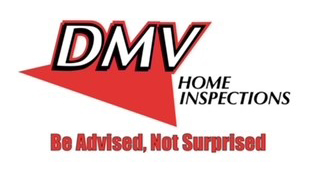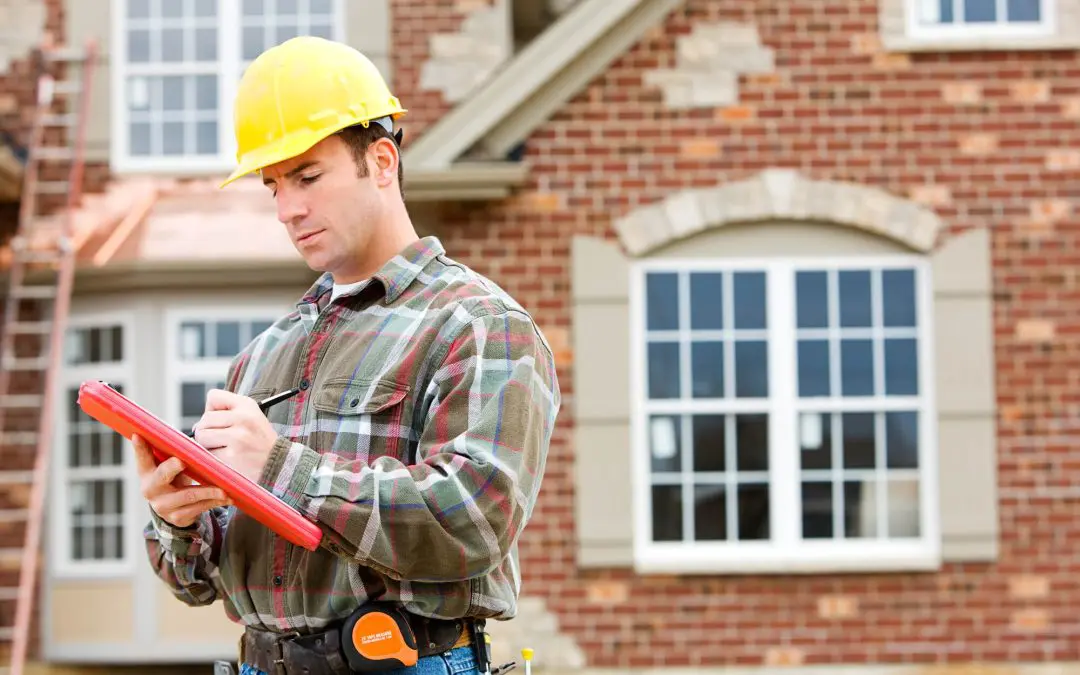One of the most important steps in the home-buying process is the inspection. It gives you a clearer picture of the home’s condition, helping you avoid surprises after you’ve signed on the dotted line. If you’re new to the process or just want to make sure you’re getting it right, here are some home inspection tips to help you feel more confident on the day of your home inspection.
Our Most Important Home Inspection Tips: Don’t Skip the Inspection
No matter how perfect a home looks during a showing, never skip the inspection. Cosmetic updates can make any house shine on the surface, but an inspector is trained to look deeper. Even new construction homes can have issues—from foundation cracks to roof installation shortcuts. A good inspection can reveal problems that may affect your decision or give you leverage to negotiate repairs or price.
Choose the Inspector Yourself
Some buyers rely on the agent’s recommendation for an inspector, which can be fine. But you’re free to choose your own. Do your homework. Look for someone with a solid reputation, plenty of experience, and the proper certifications. Don’t be afraid to ask how long they’ve been in the business, how many inspections they’ve done, or if they specialize in certain types of homes.
It also helps to read online reviews and maybe even ask for a sample report so you know the level of detail to expect.
Don’t Expect Perfection
Every home has flaws—even brand-new ones. The goal of an inspection isn’t to get a list of everything wrong so the seller can fix it all. The real goal is to understand the home’s condition and identify any major issues that could be expensive or unsafe. That includes things like foundation problems, roof damage, electrical concerns, plumbing issues, or signs of water intrusion.
Try to focus on the big-picture items. If the inspector mentions a sticky door or a cracked outlet cover, it’s usually not a dealbreaker. But if they find moisture in the crawl space or signs of a roof leak, that’s worth looking into further.
Ask Questions
All questions are valid during a home inspection. If something doesn’t make sense, ask. Good inspectors are happy to explain what they’re seeing, what it means, and what it might take to fix it. If the inspector points out an issue and you’re unsure if it’s serious, just say so. It’s better to walk away with clarity than confusion. Following up after the report is delivered is also okay if you need more details.
Home Inspection Tips on Using the Report to Plan, Not Panic
Once you get your inspection report, take the time to go through it carefully. Most reports are detailed. Just remember, it’s not a pass/fail test. It’s a tool to help you move forward with a clear picture of the property.
If major issues come up, you can ask the seller to fix them, reduce the price, or give you a credit. If the problems are minor, you can note them for future repairs. Either way, you’ll walk into your new home knowing what to expect and what needs attention.
Buying a home is exciting, but the inspection is where you slow down and take a closer look. With the right mindset and a solid inspector, you’ll feel more confident in your decision and better prepared for what’s ahead.
Frequently Asked Questions
How long does a home inspection take?
Most inspections take two to three hours, depending on the size and condition of the home.
How much does a home inspection cost?
The price can vary based on your location and the size of the property, but most inspections fall somewhere between $300 and $600.
What if the inspection finds a lot of problems?
That’s not unusual, especially in older homes. Focus on the serious issues. Cosmetic or minor maintenance items shouldn’t scare you off. If big concerns come up, you can negotiate repairs or walk away if needed.
Can I bring someone with me to the inspection?
Yes, you can. Just be respectful of the inspector’s process and give them space to work. It’s a good idea to keep your group small so you can focus on the information being shared.
Should I get other inspections, like termite or radon?
That depends on your area. In some parts of the country, termite or radon testing is common. Ask your inspector or real estate agent what’s typical and recommended for your location.
DMV Home Inspections provides home inspections in the Washington, DC, metro area. Contact us to request our services.

